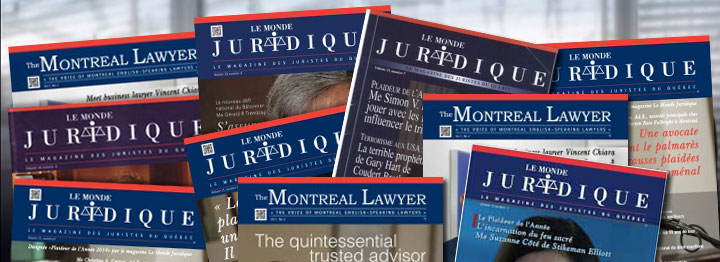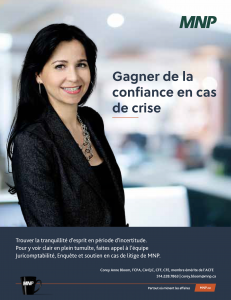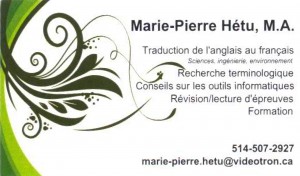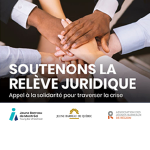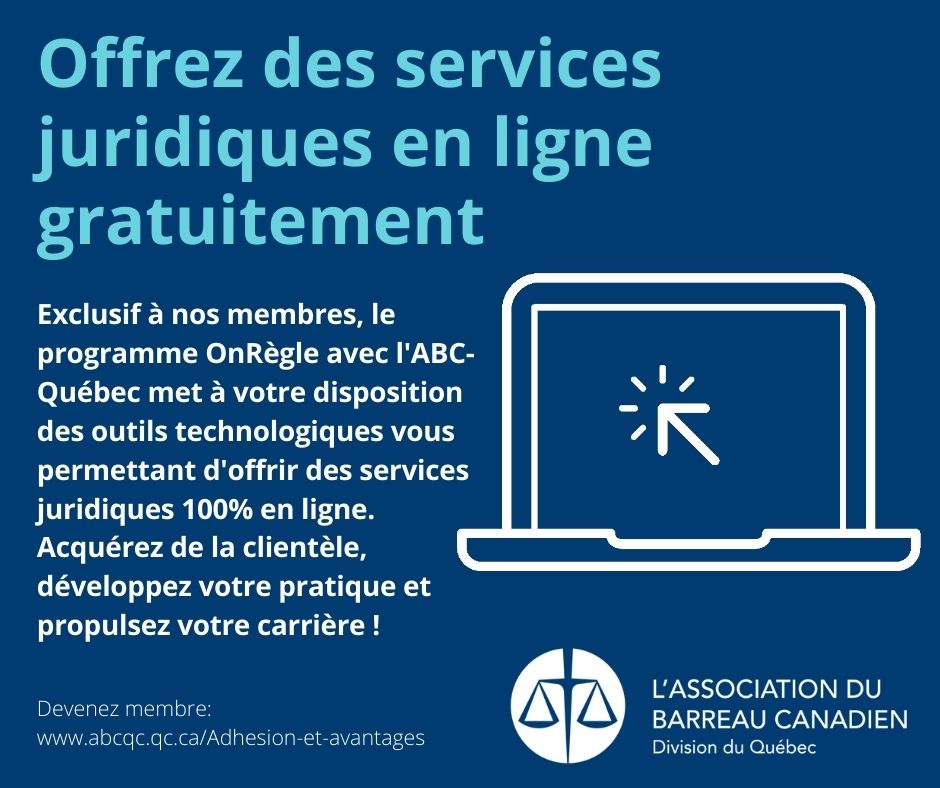Library of Congress Acquires 95 High-Profile Courtroom Drawings
The Library of Congress has acquired 95 original courtroom drawings by Aggie Kenny, Bill Robles and Elizabeth Williams that show high-profile trials from the past four decades.
The drawings represent the genre of reportage-style courtroom illustrations popularized in California by Howard Brodie, who supported and encouraged the first generation of artists who created artwork for television coverage as well as print news media.
The Library acquired the drawings through the generosity of Thomas V. Girardi, founding partner of Girardi Keese, a Los Angeles law firm, who is a member of the Madison Council, the Library’s private-sector advisory board. The drawings will be called the Thomas V. Girardi Collection of Courtroom Illustration Drawings.
With the addition of the Girardi Collection, the Library of Congress’ courtroom illustrations are the most comprehensive in any American institution. The acquisition enhances the Library’s existing trial illustrations by Brodie, David Rose, Arnold Mesches, Jules Feiffer, Gary Myrick, Pat Lopez and Marilyn Church. The Library has been acquiring courtroom illustrations since 1965. The drawings depict some of the most well-known trials, judges, lawyers and defendants in the United States since 1964, when Brodie approached CBS Evening News about covering the Jack Ruby trial.
The Library’s Prints and Photographs Division collects courtroom illustrations to support the work of the Law Library of Congress in its effort to provide documentation of important cases that have shaped interpretations of legislation in the United States or pivotal moments in criminal history.
The art of Kenny, Robles and Williams has a larger impact than documenting specific trials. Their work relates to the major issues that have affected how Americans perceive race and race relations, gender issues, political and corporate corruption, religion, international relations and celebrities since the 1970s. Because each artist has worked as a courtroom illustrator for decades, this collection includes poignant portrayals of some of the most famous people in the past 45 years of trial history at their most vulnerable moments.
« These drawings are important for documenting moments in history that were not captured photographically because news cameras were banned from courtrooms. The artists also capture individuals emotions in a few vivid strokes. For scholars who want to look at how attitudes shifted over time in the courtroom, here is a good place to start, » said Sara Duke, curator of popular and applied graphic art in the Library’s Prints and Photographs Division.
Kenny’s drawings have included many metropolitan New York trials, in addition to the James Earl Ray trial for the murder of Martin Luther King in Memphis, the Iran-Contra hearings in Washington, D.C., and the trial of Penn State University coach Jerry Sandusky on child-molestation charges. She has illustrated several U.S. Supreme Court events, including the swearing-in ceremony of Justice William Rehnquist in 1986. Kenny won an Emmy for her coverage of the John Mitchell-Maurice Stans trial in 1974. The collection also includes her drawing of Mark Felt, before he was revealed as Watergate’s Deep Throat.
Robles is a Los Angeles-based courtroom artist. He drew the West Coast trials, during the 1970s, of Charles Manson and Patty Hearst. He covered the civil and criminal trials of O. J. Simpson. He was able to draw Terry Nichols and Timothy McVeigh after the Oklahoma City bombing, before their trials were separated. He captured Michael Jackson openly weeping as the not-guilty verdicts were read in the music star’s child-molestation trial. In addition, Robles illustrated such celebrities as Roman Polanski, Francis Ford Coppola and Johnnie Cochran.
Williams has worked in New York for more than three decades and has drawn such high-profile cases as that of European diplomat Dominique Strauss-Kahn, John DeLorean, John Gotti, the « preppy murderer » Robert Chambers, Martha Stewart, Bernard Madoff, Times Square bomber Faisal Shahzad, Osama bin Laden’s son-in-law Sulaiman Abu Ghaith, and convicted terrorist Mustafa Kamel Mustafa, also known as Abu Hamza al-Masri.
As founding partner of Girardi Keese, Girardi has tried more than 100 jury cases, and in the 1970s became the first attorney in the state of California to win a $1-million-plus award for a medical malpractice case. Girardi is perhaps best-known for serving as lead trial counsel in the litigation against Pacific Gas & Electric Co. case that became the inspiration for the film Erin Brockovich.
Girardi is pleased to help the Library bring a wide variety of litigation to life through these eyewitness drawings. « Courtroom illustrations provide visual documentation of important cases that have shaped interpretations of legislation or depict pivotal moments in criminal history. I am honored to have played a role in building this collection, which is the most comprehensive in any American public institution, » Girardi said.
The Library of Congress Prints and Photographs Division preserves and provides access to more than 15 million photographs, drawings and prints from the 15th century to the present day. International in scope, these visual collections represent a uniquely rich array of human experience, knowledge, creativity and achievement, touching on almost every realm of endeavor: science, art, invention, government and political struggle, and the recording of history. For more information, visit www.loc.gov/rr/print/.
The Library of Congress, the largest library in the world, holds more than 162 million items in various languages, disciplines and formats. The Library serves the U.S. Congress and the nation both on-site in its reading rooms on Capitol Hill and through its website at www.loc.gov.


